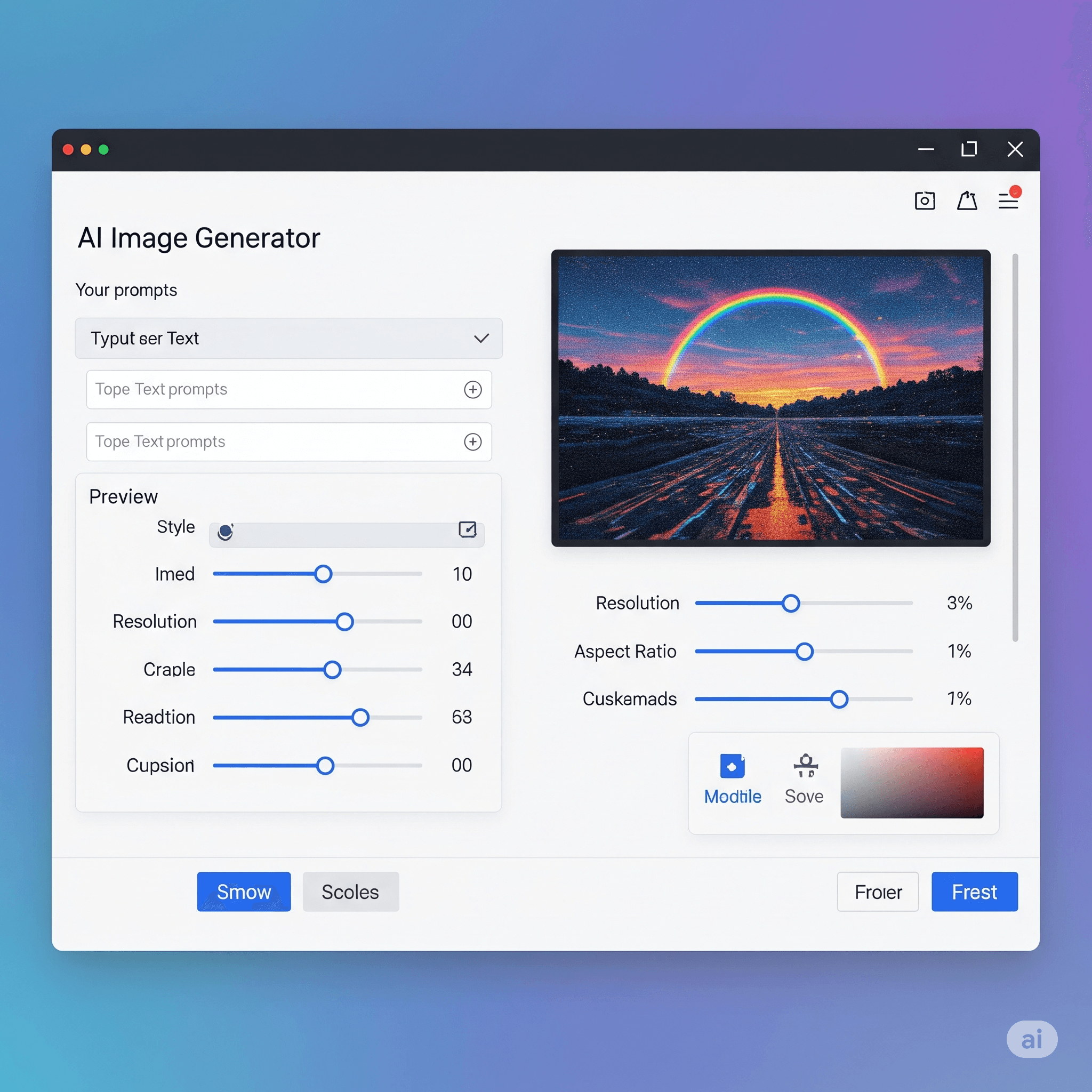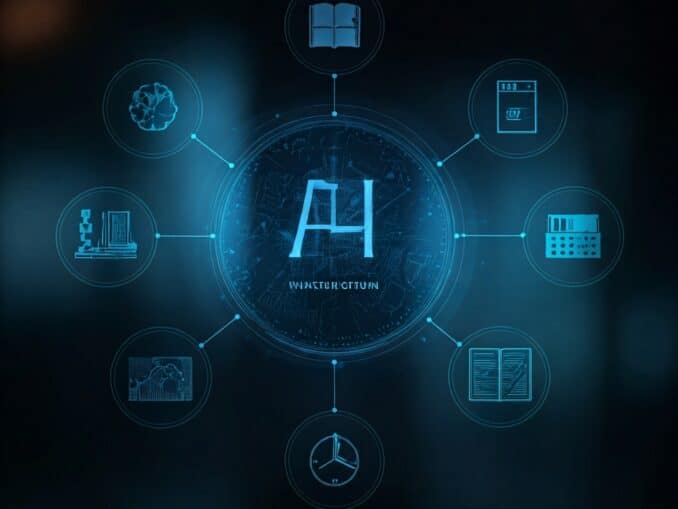Question: For carrying out B2C e-Commerce the following infrastructure is essentiali. World Wide Web ii. Corporate network iii. Electronic Data Interchange standards iv. Secure Payment Services v. Secure electronic communication link connecting businesses
Answer:
To carry out B2C e-commerce effectively, the following infrastructure components are essential:
i. World Wide Web: The World Wide Web (WWW) forms the foundation of online interactions in B2C e-commerce. It enables businesses to create websites, host online stores, showcase products, provide product information, and facilitate online transactions with individual consumers.
ii. Corporate network: While a corporate network is crucial for internal communication within an organization, it is not directly related to B2C e-commerce. B2C transactions typically occur over the internet, and businesses connect with consumers through their websites or online platforms.
iii. Electronic Data Interchange (EDI) standards: EDI standards are primarily used in B2B e-commerce for the automated exchange of business documents between trading partners. In B2C e-commerce, however, direct interactions between businesses and individual consumers usually rely on web-based interfaces and protocols rather than EDI standards.
iv. Secure Payment Services: Secure payment services play a vital role in B2C e-commerce. They allow businesses to securely process online payments from customers. This may involve integrating with payment gateways, implementing secure online payment methods, and ensuring the confidentiality and integrity of financial transactions.
v. Secure electronic communication link connecting businesses: In B2C e-commerce, businesses need to establish a secure electronic communication link with consumers rather than solely between businesses. This includes using secure protocols such as HTTPS for website communication, implementing SSL/TLS encryption for data transmission, and ensuring the protection of consumer data.
To summarize, while some components, such as the World Wide Web and secure payment services, are crucial for both B2B and B2C e-commerce, the specific infrastructure needs for B2C transactions differ
MCQ: For carrying out B2C e-Commerce the following infrastructure is essentiali. World Wide Web ii. Corporate network iii. Electronic Data Interchange standards iv. Secure Payment Services v. Secure electronic communication link connecting businesses
Explanation:
To carry out B2C e-commerce effectively, the following infrastructure components are essential:
i. World Wide Web: The World Wide Web (WWW) forms the foundation of online interactions in B2C e-commerce. It enables businesses to create websites, host online stores, showcase products, provide product information, and facilitate online transactions with individual consumers.
ii. Corporate network: While a corporate network is crucial for internal communication within an organization, it is not directly related to B2C e-commerce. B2C transactions typically occur over the internet, and businesses connect with consumers through their websites or online platforms.
iii. Electronic Data Interchange (EDI) standards: EDI standards are primarily used in B2B e-commerce for the automated exchange of business documents between trading partners. In B2C e-commerce, however, direct interactions between businesses and individual consumers usually rely on web-based interfaces and protocols rather than EDI standards.
iv. Secure Payment Services: Secure payment services play a vital role in B2C e-commerce. They allow businesses to securely process online payments from customers. This may involve integrating with payment gateways, implementing secure online payment methods, and ensuring the confidentiality and integrity of financial transactions.
v. Secure electronic communication link connecting businesses: In B2C e-commerce, businesses need to establish a secure electronic communication link with consumers rather than solely between businesses. This includes using secure protocols such as HTTPS for website communication, implementing SSL/TLS encryption for data transmission, and ensuring the protection of consumer data.
To summarize, while some components, such as the World Wide Web and secure payment services, are crucial for both B2B and B2C e-commerce, the specific infrastructure needs for B2C transactions differ
Discuss a Question
Related Questions
- 1. For carrying out C2C e-Commerce the following infrastructure is essentiali. World Wide Web ii. Corporate network iii. Electronic Data Interchange standards iv. Secure Payment Services v. Secure electronic communication link connecting businesses
- 2. The packets of an internet message
- 3. The domain 121.24.34.12.in-addr.arpa is a(n) _______ domain.
- 4. Advantages of B2C commerce are (i) Business gets a wide reach to customers (ii) Payment for services easy (iii) Shop can be open 24 hours a day seven days a week (iv) Privacy of transaction always maintained
- 5. The time taken by internet packets
- 6. What is TELNET?
- 7. B2C commerce
- 8. By an intranet we mean
- 9. The TELNET client uses a ________driver, while the TELNET server uses a _______ driver
- 10. Advantages of B2C commerce to customers are (i) wide variety of goods can be accessed and comparative prices can be found (ii) shopping can be done at any time (iii) privacy of transactions can be guaranteed (iv) security of transactions can be guaranteed
You may be interested in:
Web Fundamental MCQs






